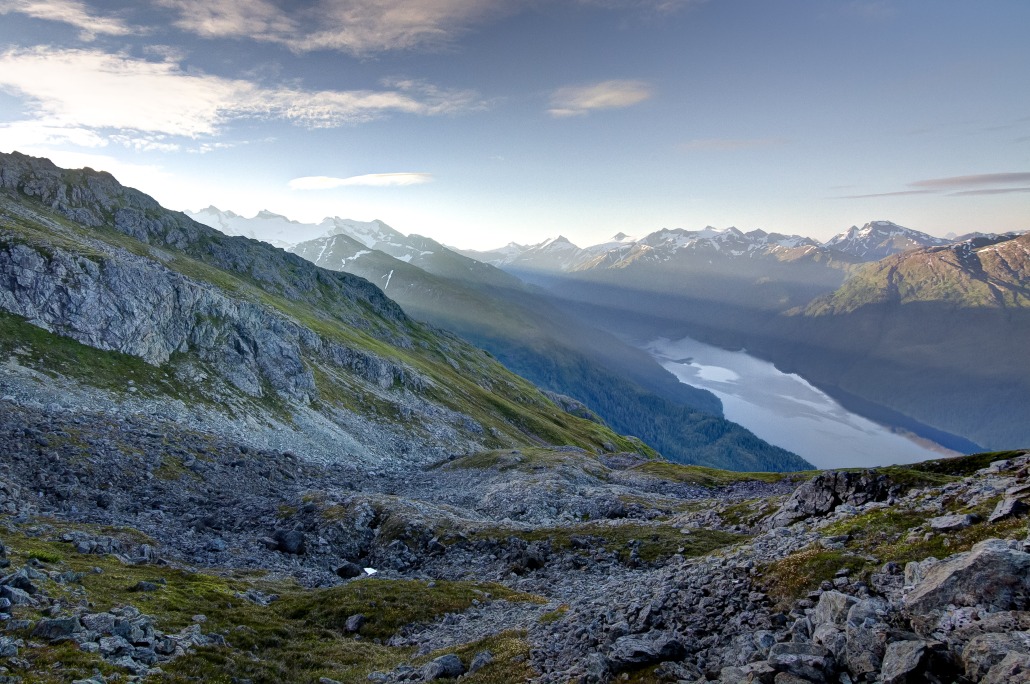Outer Coast aspires to be a two-year liberal arts college in Sitka, Alaska.
On the path to the college, we currently run summer- and year-long programs for high-school and postsecondary students.
In July 2014, Jonathan Kreiss-Tomkins (JKT; born-and-raised Sitkan and current Alaska State Representative) began exploring the idea of starting a college in Sitka. Specifically, a college that would anchor Sitka’s historic Sheldon Jackson Campus during the academic year, when it was not being used at full capacity.
Sheldon Jackson College, Alaska’s oldest institution of higher education, was closed abruptly in 2007 and ownership transferred to Alaska Arts Southeast in 2011, with fifty million dollars in deferred maintenance from the campus sitting empty and shuttered for four years. In what some have called the largest volunteer effort in the state’s history, the campus was brought back to life and is now home to a number of organizations and programs, including the Sitka Fine Arts Camp, Sitka Music Festival, Sitka Sound Science Center, and Youth Advocates of Sitka. But until Outer Coast’s arrival, the campus had not been home to higher education during the academic year.
The legacy of the Sheldon Jackson campus is complex. Rooted in its history as a Presbyterian mission school (The Sitka Industrial Training School and later Sheldon Jackson High School), the campus was once home to one of the many boarding schools which contributed to the genocide and erasure of Native cultures across Alaska in the late 19th century and the 20th century. Even so, Sheldon Jackson College was also home to generations of Alaska Native scholars, scientists, and leaders. At the core of Outer Coast is the vision of creating a new college model that acknowledges and reconciles with this history to create a space where Indigenous histories and ways of knowing are centered. (For more on the history of the Sheldon Jackson Campus, explore the Voices of SJ project here.)
In fall 2015, a founding team — JKT, Will Hunt (a Deep Springs College alumnus), and Javier Botero (a Sitka Winter Fellow) — coalesced: a small but deeply committed group who all believed college could and should do more and were ready to figure out how to make that happen. They began their research into innovative college models with Deep Springs College and steadily expanded their scope to include a larger world of ideas and educators focused on the reinvention of higher education.
Because there’s no ‘how-to’ book for starting a college, the group made its own: a college blueprint that envisioned every aspect of the future college and its operations, from financial aid and tuition structures to class times and accreditation. They established Outer Coast’s educational model on the three pillars of academics, service & labor, and self-governance.
As we work toward opening the doors of the college in fall 2024, we have run six intensive, college-level academic summer programs — or Summer Seminars — for high school and college students from across Alaska, the Lower 48, and the globe.
In 2020, we launched our first ever post-secondary program, the Outer Coast Year: a nine-month intensive for 15 high school graduates. After successfully completing the inaugural Year in May 2021, we are now running our fourth iteration of the Year over the course of 2023-2024.
